Waste three match points out! How can Paulini's demons be solved?
When Paolini took a 4-1 second set lead at the Philippe Chartier Arena with three match points in hand, the crowd was ready to pay tribute to last year's French Open runner-up. However, the gears of fate suddenly snapped at this moment - Svitolina's scalpel-like backhand tore straight angles, and Paulini's shots began to frequently go out of bounds. In just half an hour, she lost key points in a row, burying the second set 6-7 (6), and the deciding set was like a broken kite 1-6. This is the second time she has been strangled by the same script in the 2025 season: in the quarter-finals of the Australian Open at the beginning of the year, she also won one set at the beginning of the year, but was counterattacked in the second set, and the deciding set swallowed by Svitolina reversed.
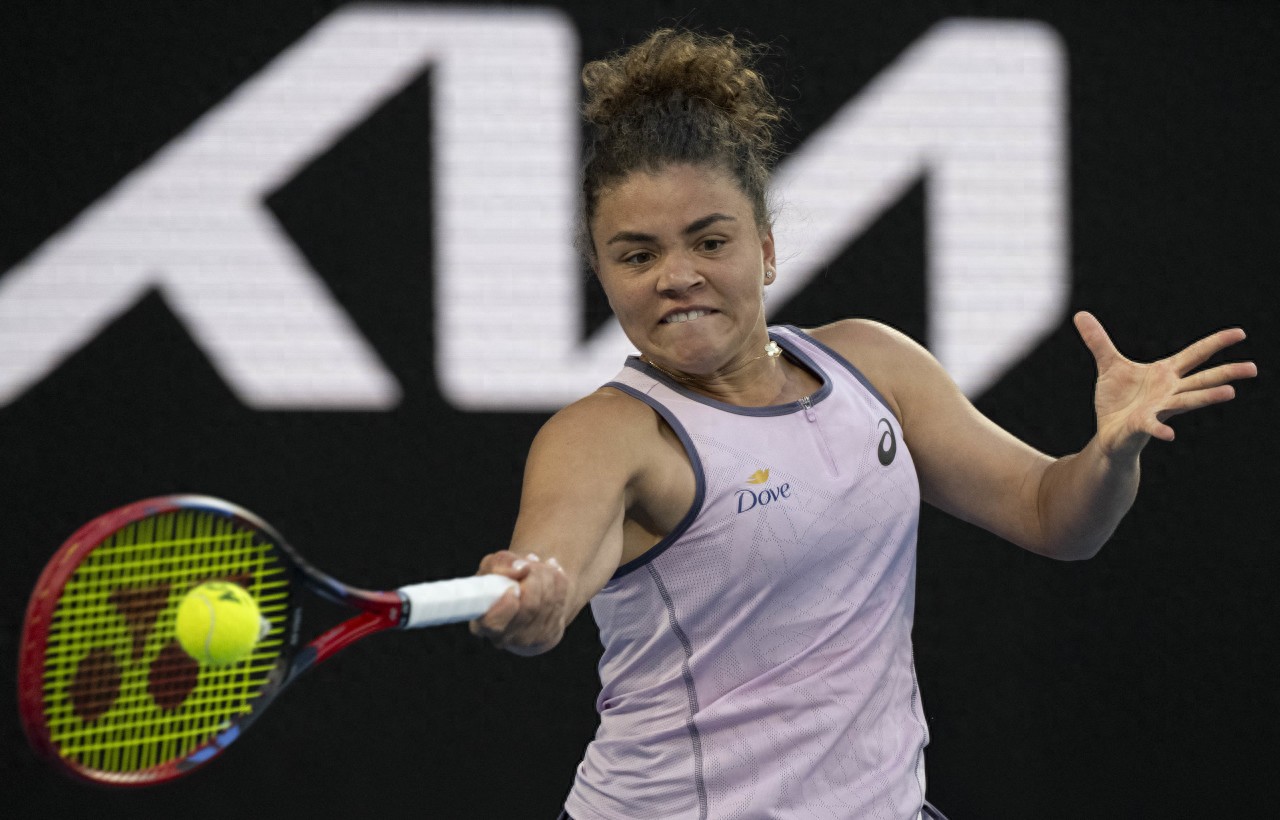
The tragedy of Paolini is not accidental. Technically, her matchpoint choices were criticised for her tenacious defense, forcing the touchline on a number of occasions to lead to unforced errors rather than a more secure move from a wide angle. The psychological level was even more lethal - the score of 1-6 in the deciding set intuitively showed her "sequelae of chance": after missing a crucial point, self-doubt spread like a virus to the entire technical system. This collapse contrasts sharply with her resilient image as a runner-up at the 2024 French Open. At that time, she reversed Andreescu, Rybakina and other famous players all the way, and was even able to quickly adjust her tactics when she dropped one set and was suppressed by "Moon Ball" in the second set. And now, with 4805 points and ranking fourth in the world, she has been labeled as a "key coward" by fans because of two identical defeats.
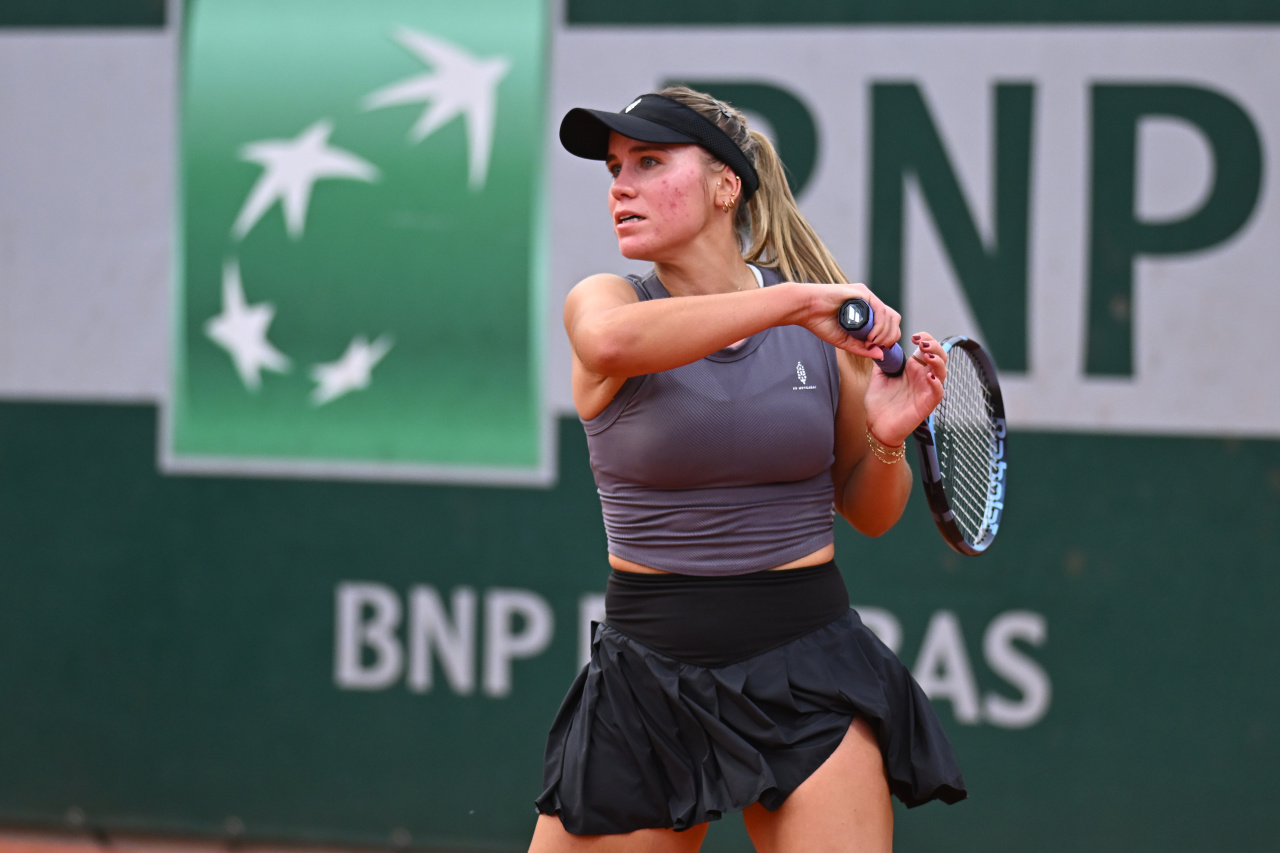
What happened to Paolini is like a curse of reincarnation in the tennis world. In the third round of this French Open, former Australian Open champion Kenin also squandered match points at the end of the set and was overturned by Case. A more classic case comes from Li Na, who squandered four consecutive final points against Clijsters in the 2012 Australian Open Chinese New Year's Eve match, and burst into tears at the press conference after the match.
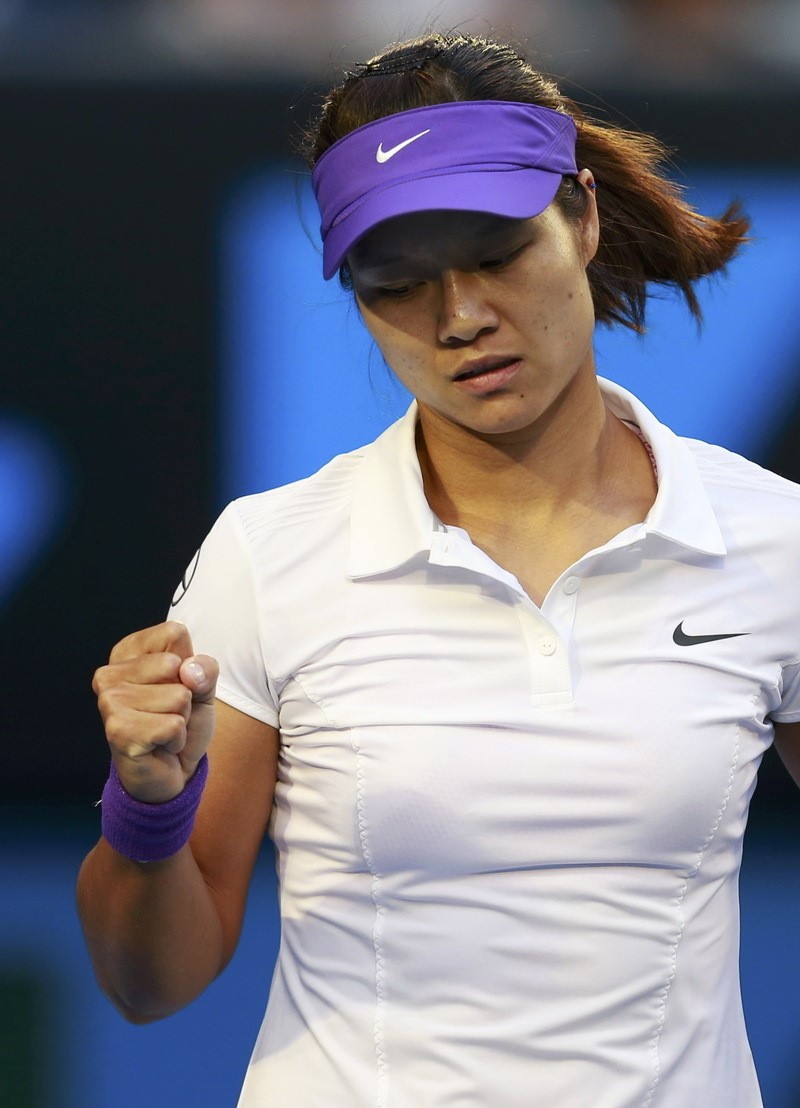
The men's court was also bloodstained: Federer In the 2019 Wimbledon final, he held two championship points but was counterattacked by Deyo for a conservative return, achieving an epic reversal of his opponent; Murray lost five championship points in the 2012 Shanghai Masters final, winning the game on serve and in a tie-break, and finally saw Djokovic win the cup.
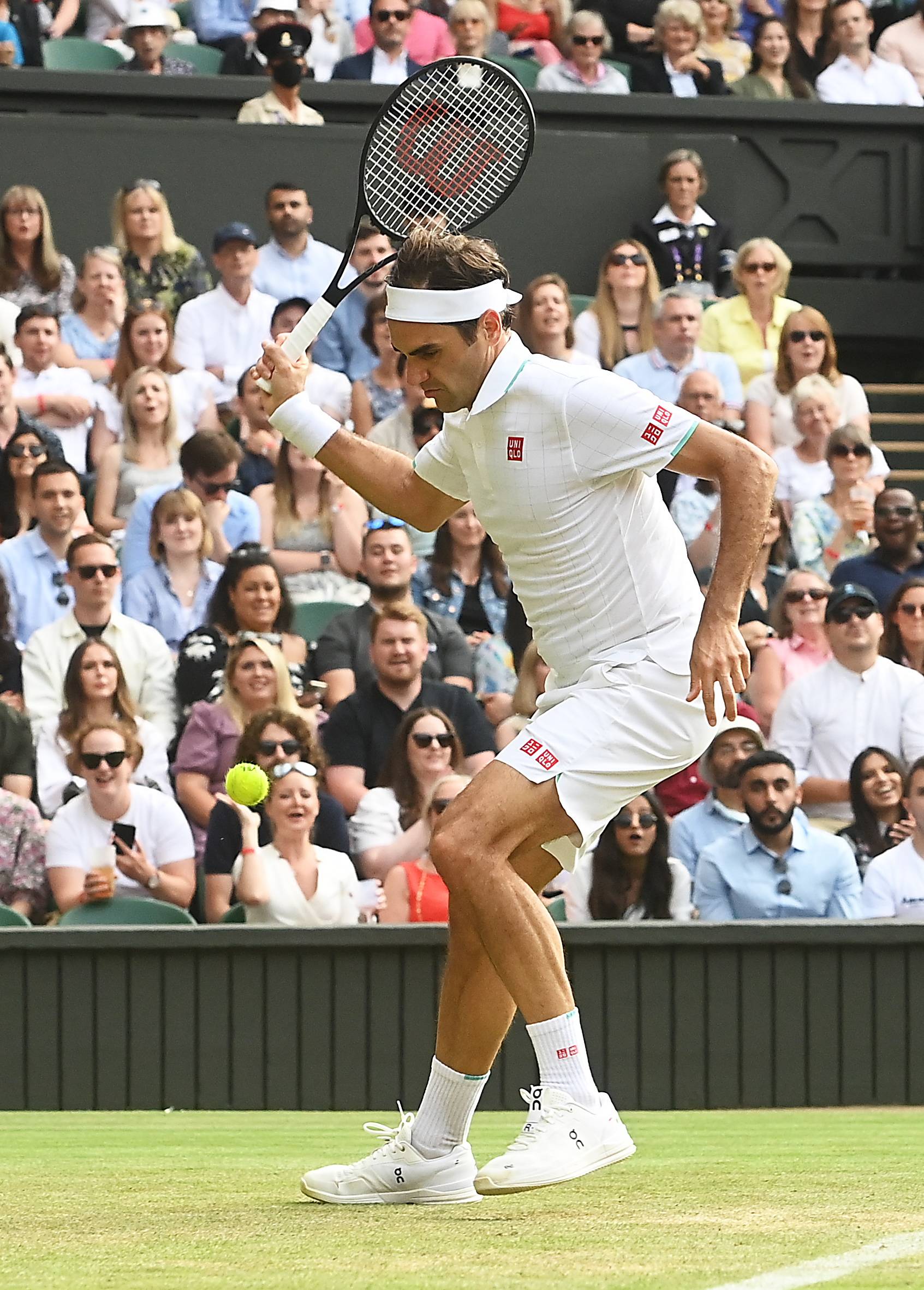
In professional tennis, match point is often determined by the ability to make decisions within 0.3 seconds. Neuroscience research has shown that the athlete's prefrontal cortex, which is responsible for rational decision-making, is in conflict with the amygdala, the center of fear. Li Na confessed in her autobiography: "The breathing on the match point was so heavy that it was like someone was choking the throat, and there was only the roar of a heartbeat in my ears. "Under this pressure, players tend to fall into two extremes: one is overly cautious. For example, when Paolini played against Svitolina, he gave up the forehand attack that he was good at and turned to passive defense; The other is to rush blindly. For example, in the second round of the 2018 Australian Open, Fett continued to suicidally attack when he had a match point, and was dragged into a counterattack trap by Wozniacki. On the other hand, Li Na saved match points against Safarova in the third round of the 2014 Australian Open, and finally won the championship all the way. This "reversal paradox" confirms what sports psychologists have to think of match points as average points, but average players can never do that.
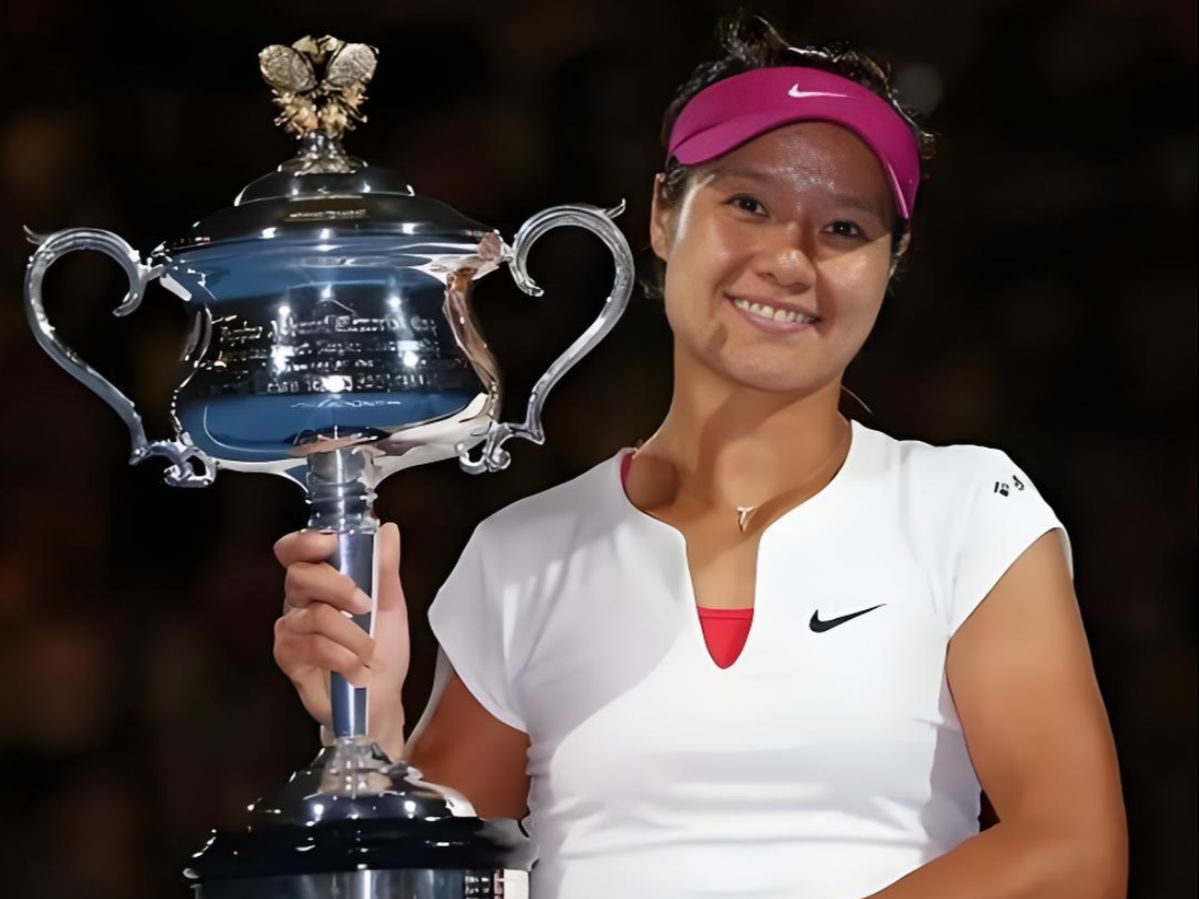
Although Paulini's instant world ranking is still fourth, the "psychological collapse" of two consecutive Grand Slams has sounded the alarm for her. Technically, she needs to establish a "safe hitting mode" in high-pressure moments – for example, borrowing from Deyo's matchpoint tactic: using a deep serve in the middle combined with a backhand diagonal to reduce the risk of mistakes. Mental reconstruction is even more critical, and its coaching team is introducing "adrenaline threshold training": a match point scenario in which she raises her heart rate to 180 beats per minute through high-intensity interval runs and then asks her to perform precise shots.
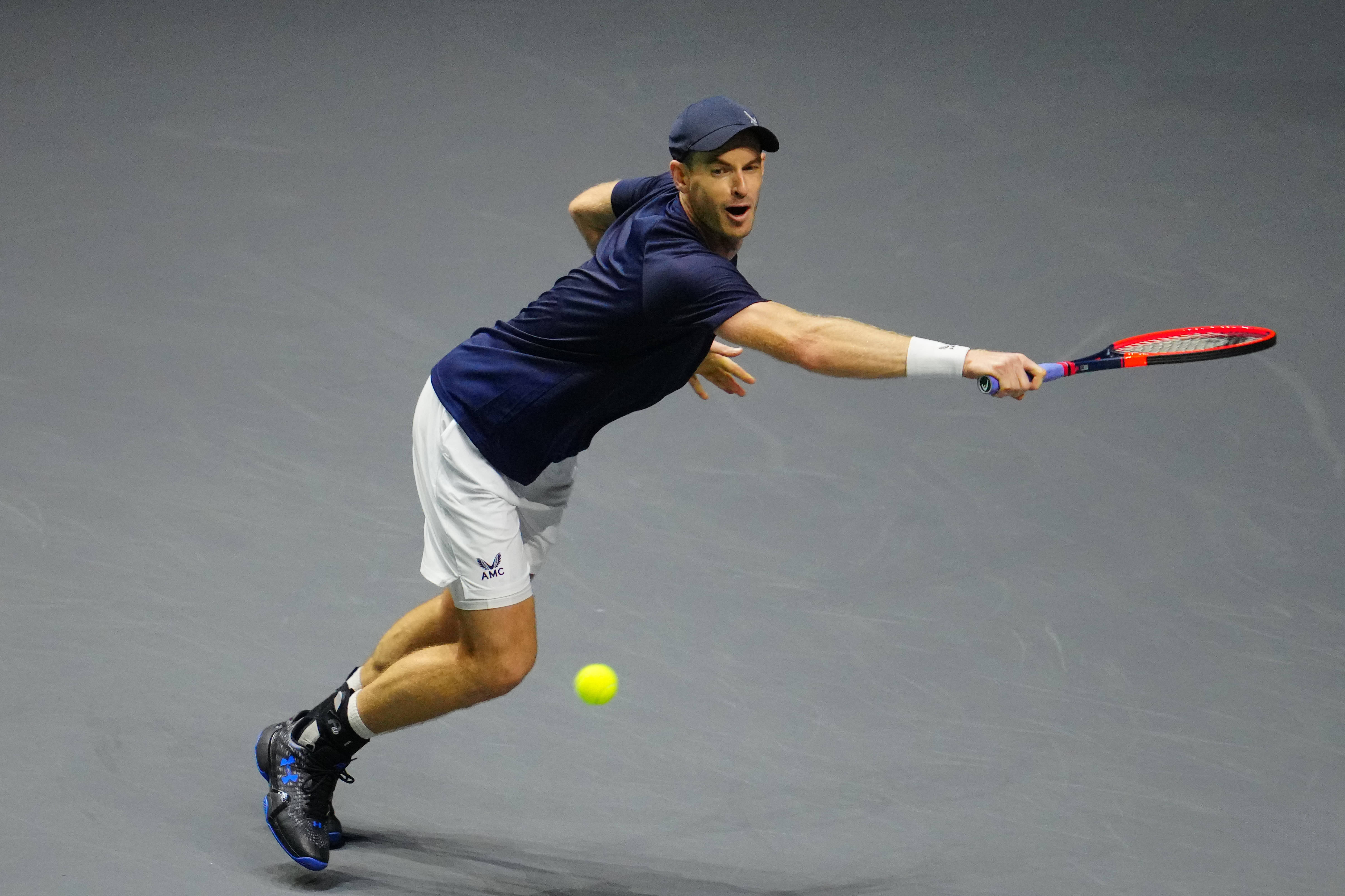
Paolini's tragedy is inextricably linked to his upbringing. The 28-year-old, who won her first WTA1000 title, is a typical late bloomer, admitting after winning Dubai 2024: "I need time to believe I'm at the top". This belated success was a double-edged sword – and when she finally finished fourth in the world, the expectation of a Grand Slam instantly became a heavy shackle. The countdown to Paulini's path to redemption has begun, and if she fails to break through in the next 12 months, she may become a new "symbol of pathos" in tennis.
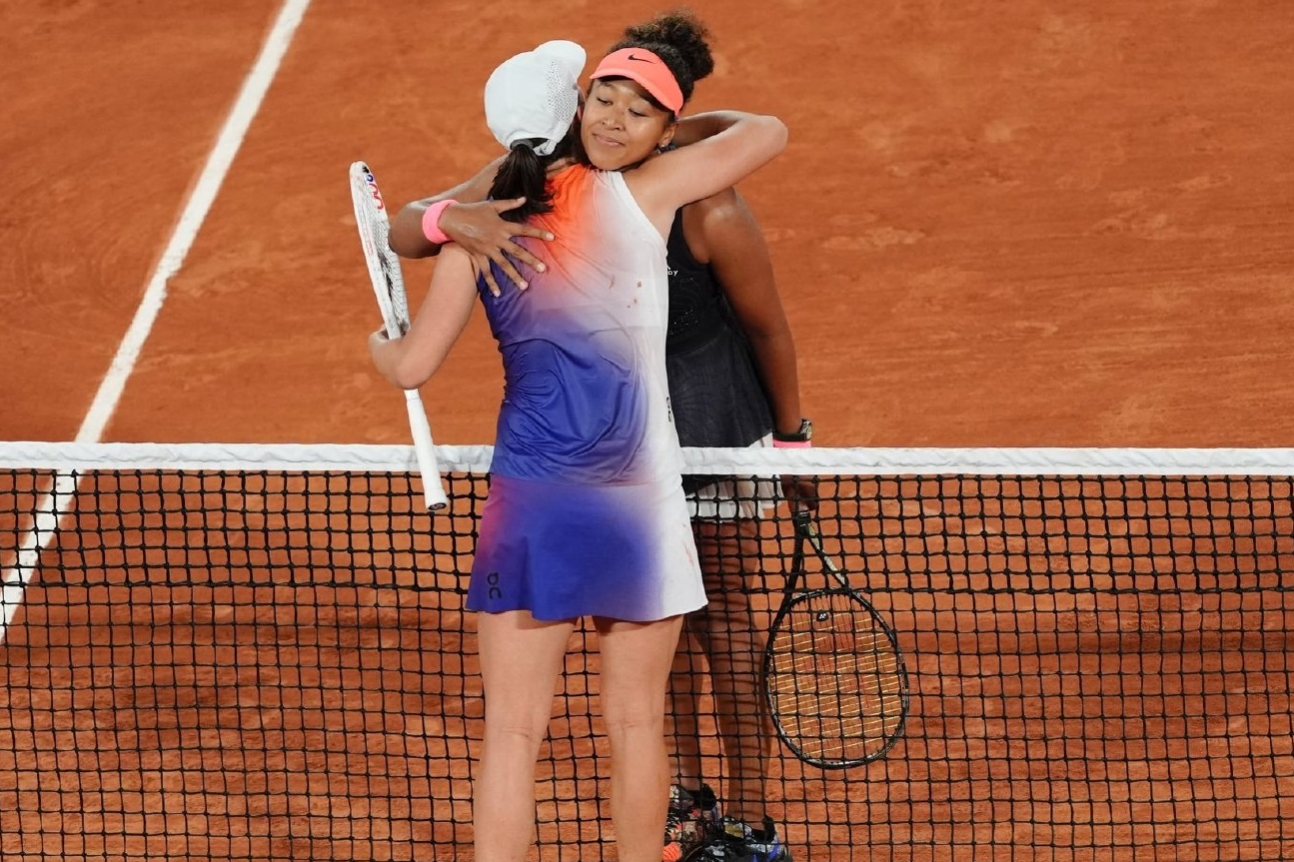
The 0.3 seconds on match point is the most brutal microscope in professional tennis. The gates of tennis purgatory never open for technical flaws, but always for the cracks of will – when Paolini stares into the abyss, she should see Li Na's 2014 Australian Open trophy, not Melbourne's 2012 Chinese New Year's Eve. Breaking the cocoon or making a cocoon is tied to a single thought.(Source: Tennis Home Author: Xiaodi)







 Links
Links
 Contact
Contact
 App
App


